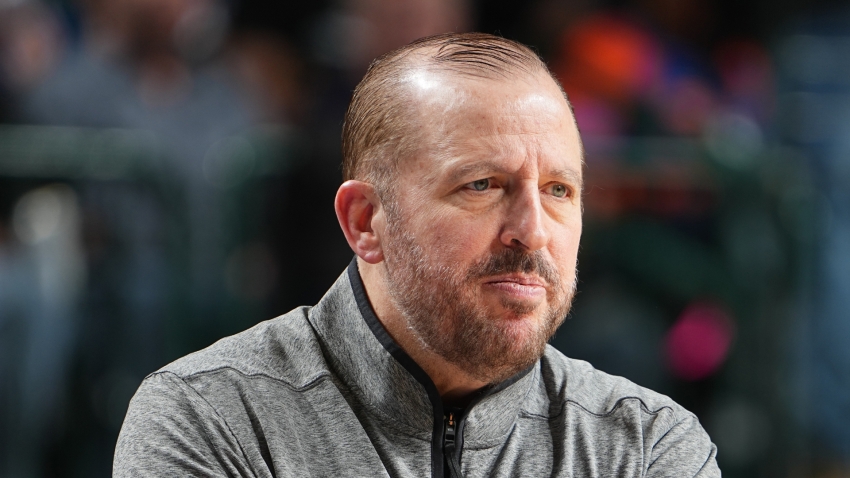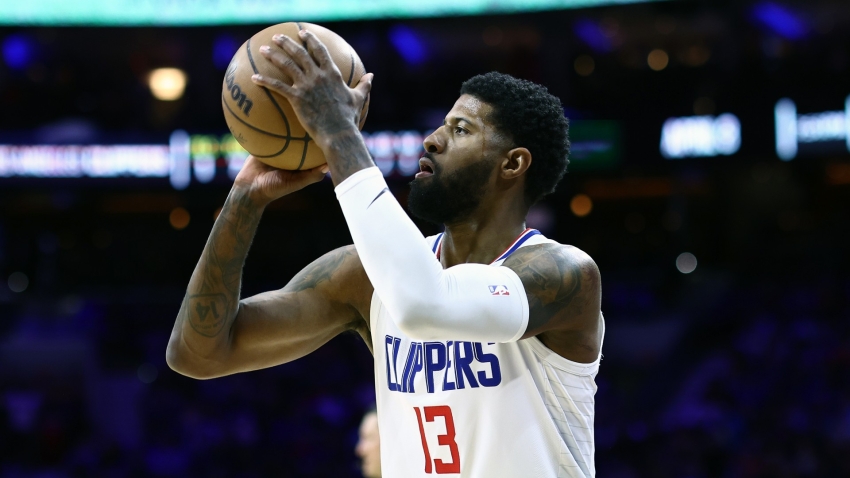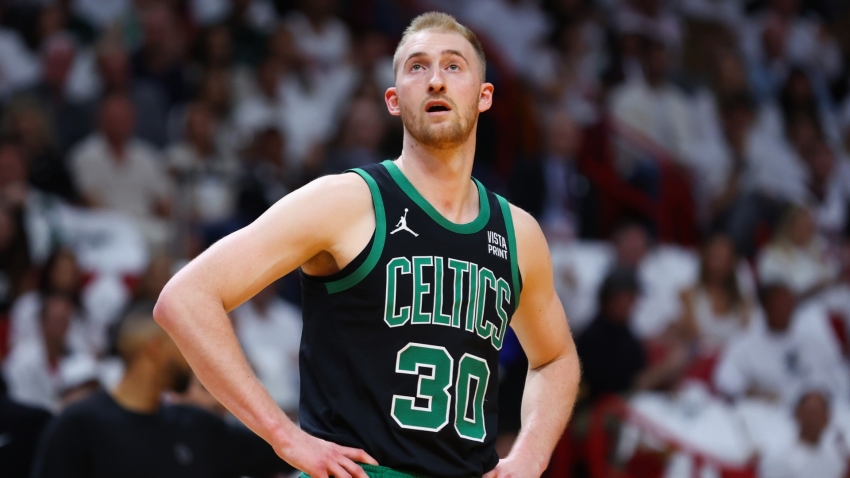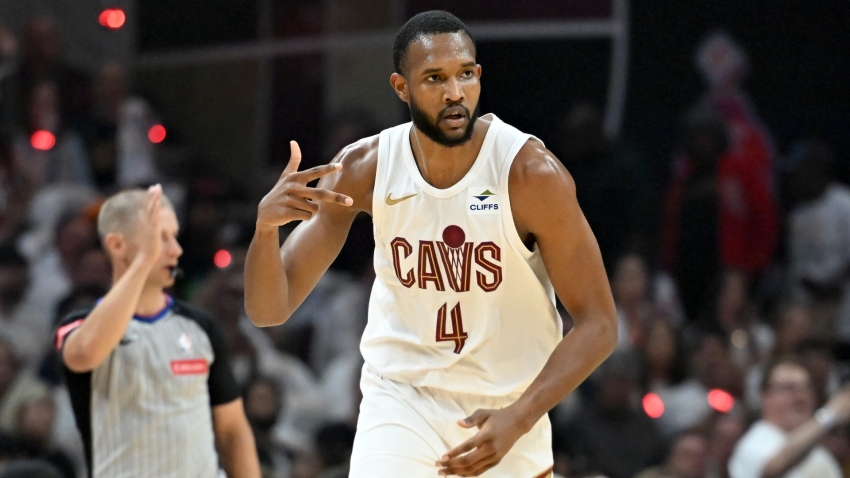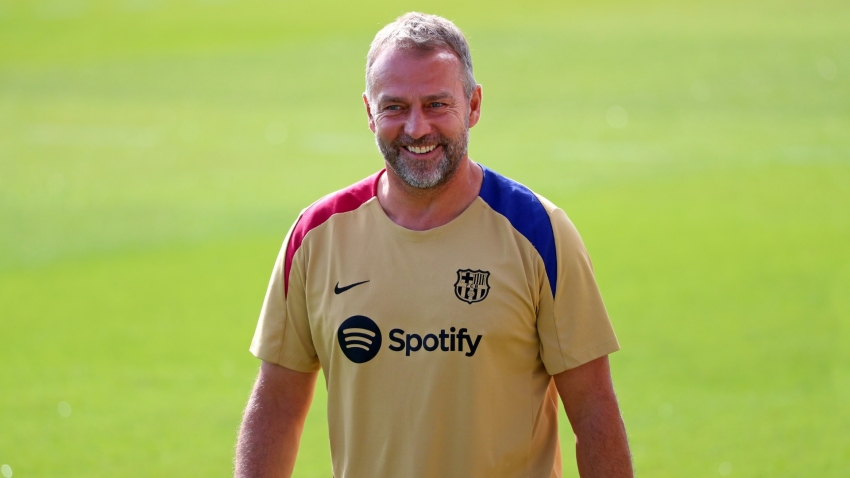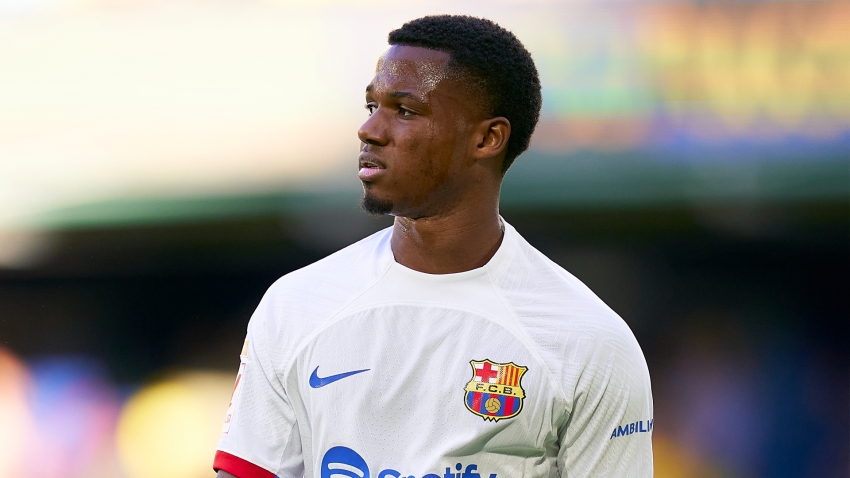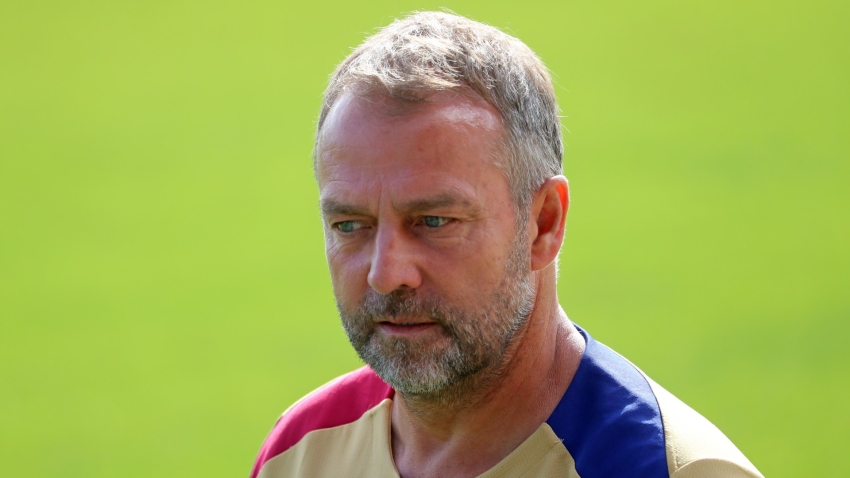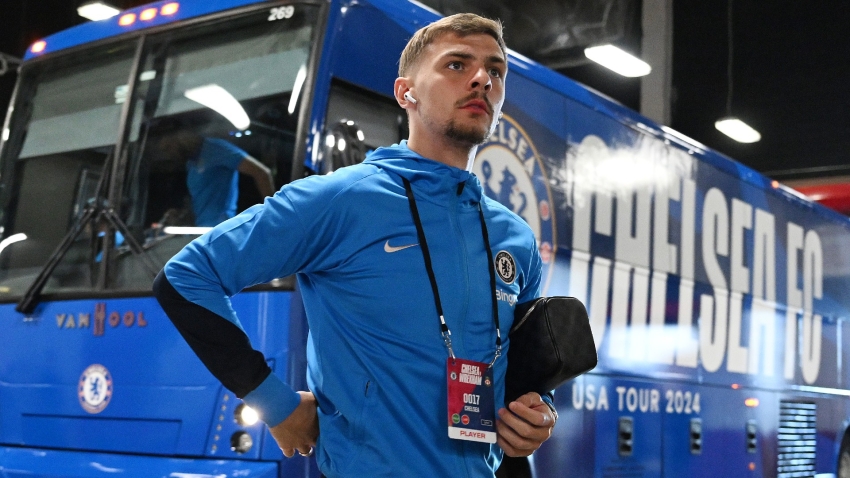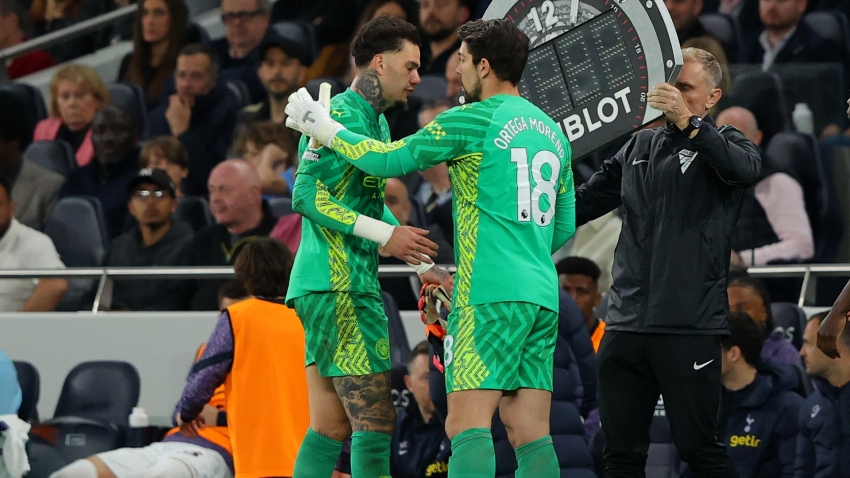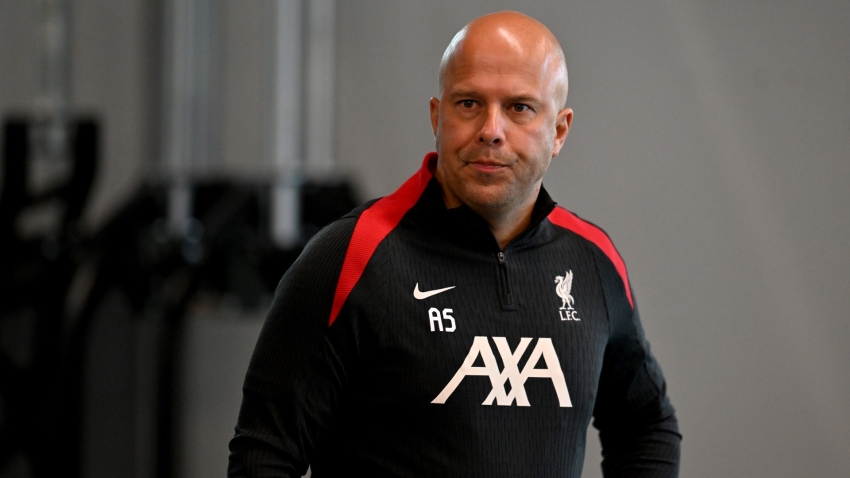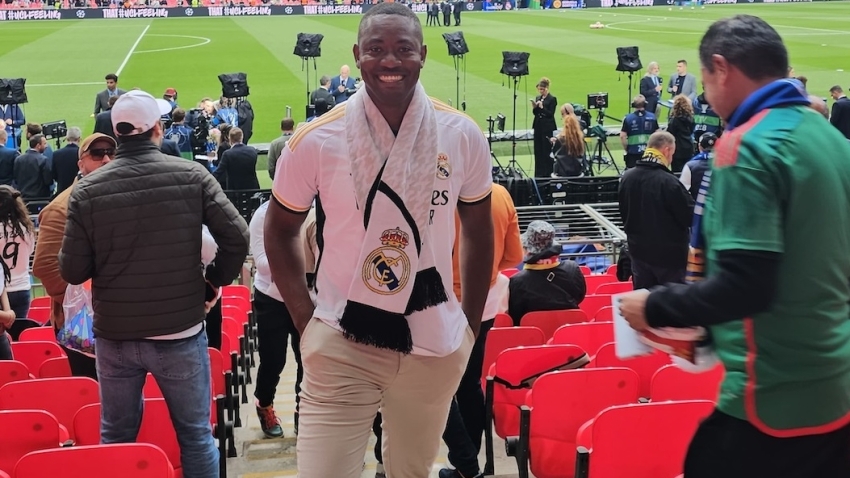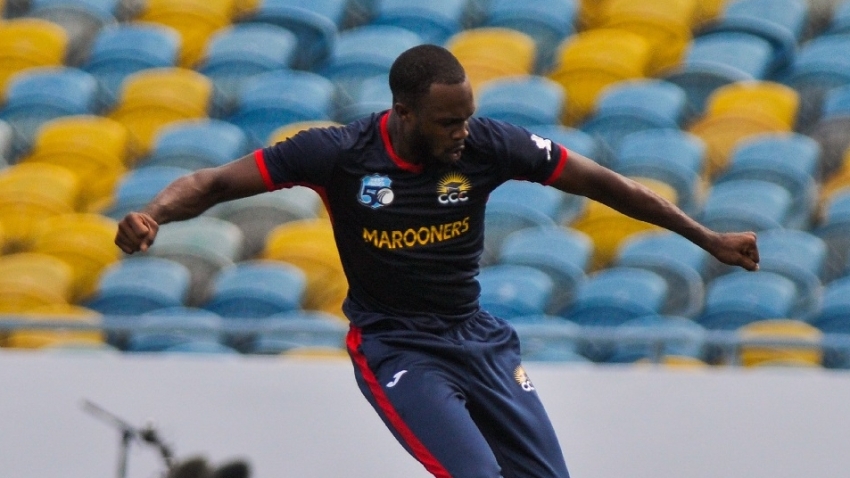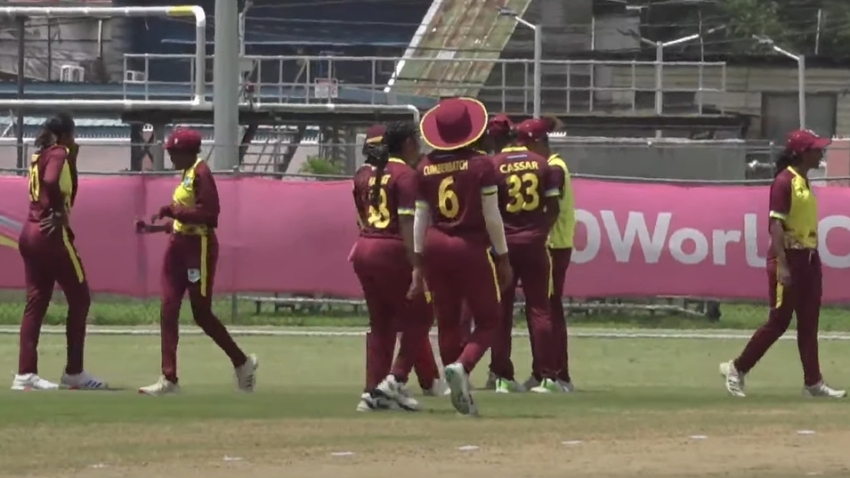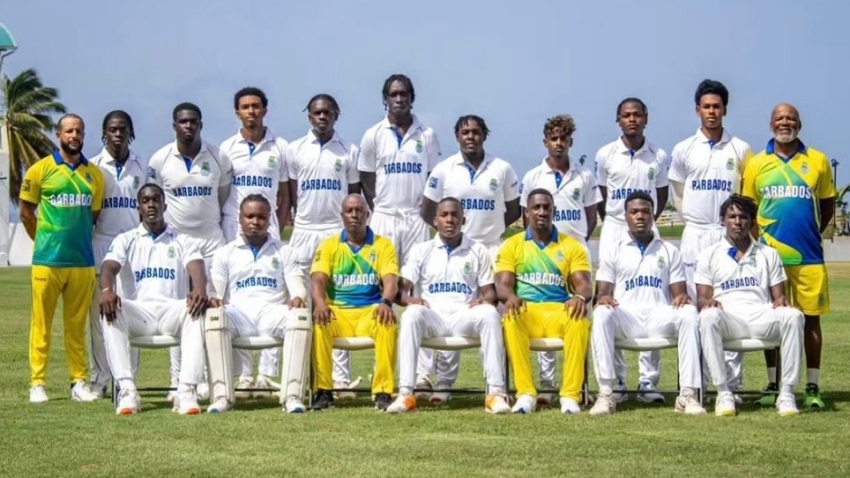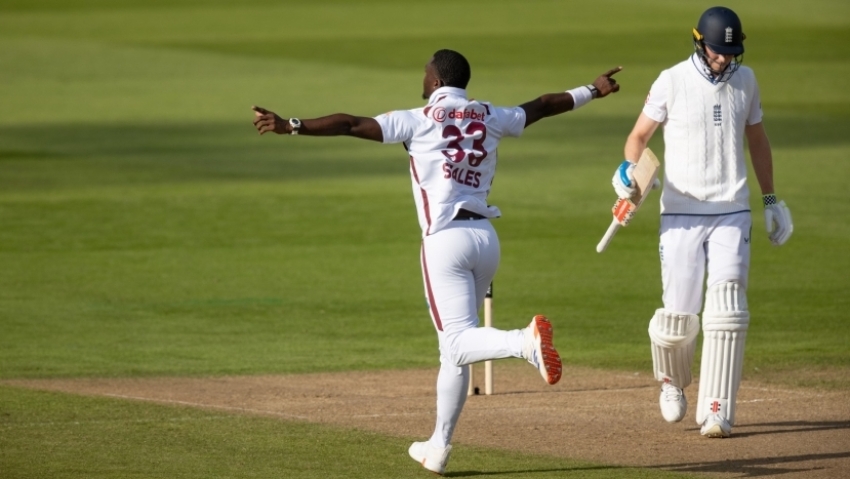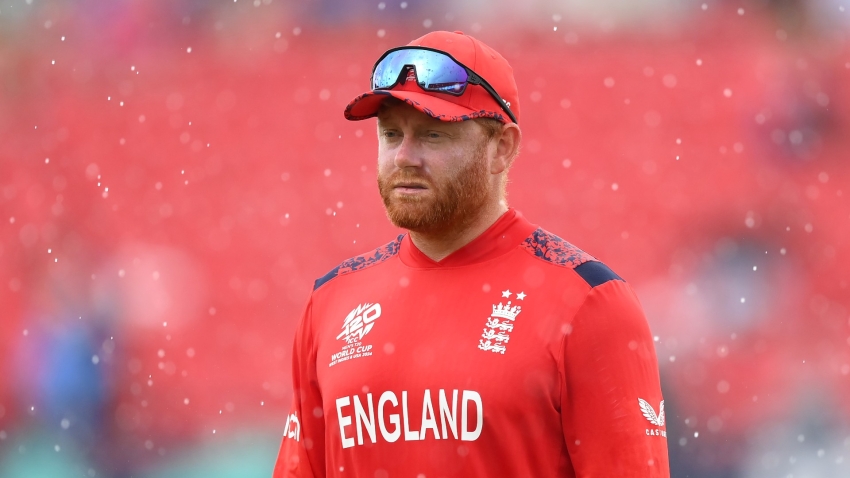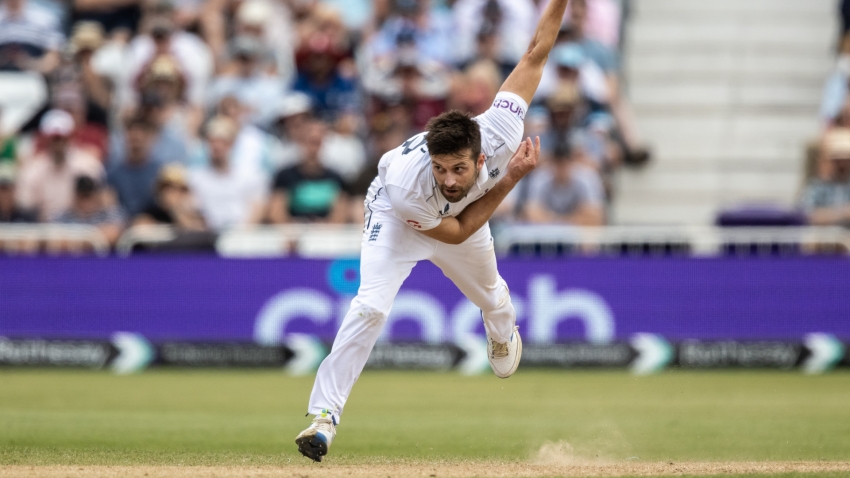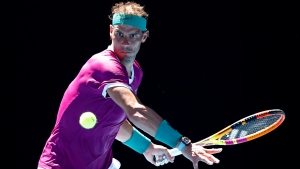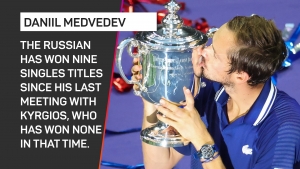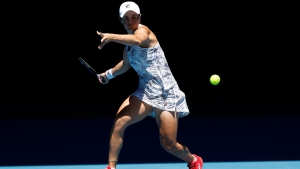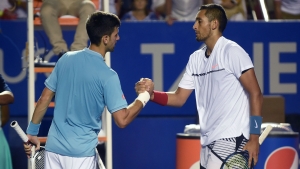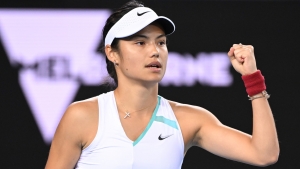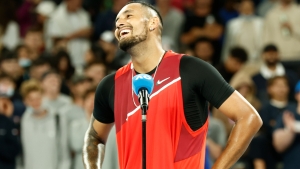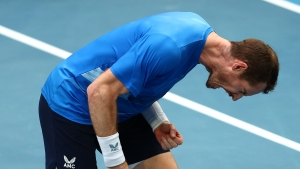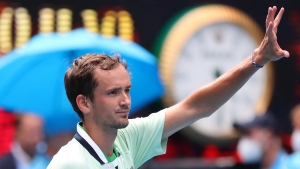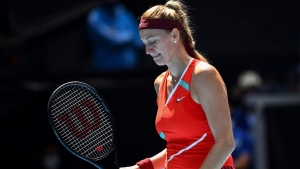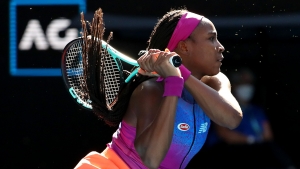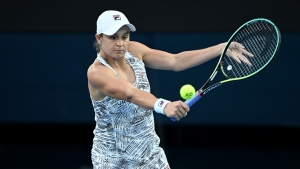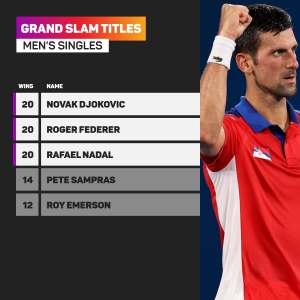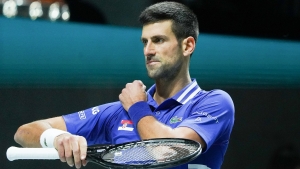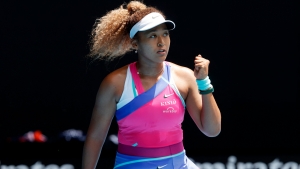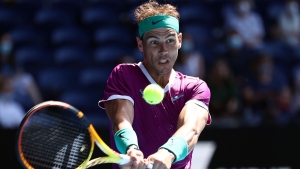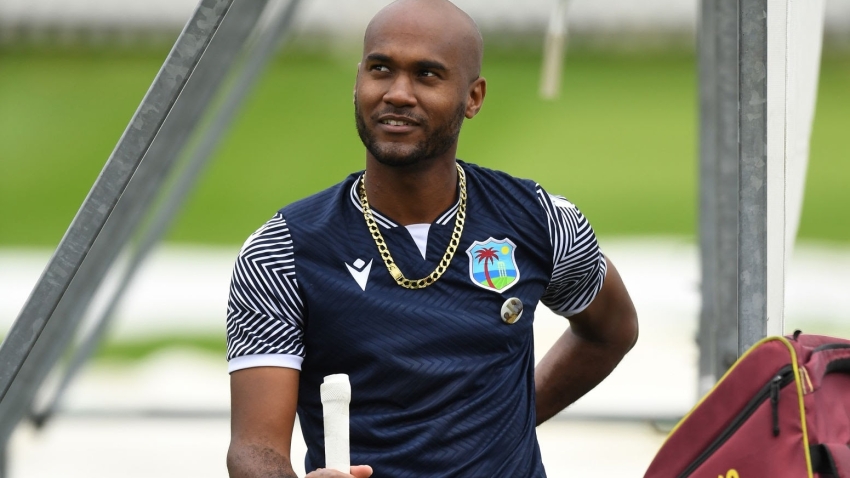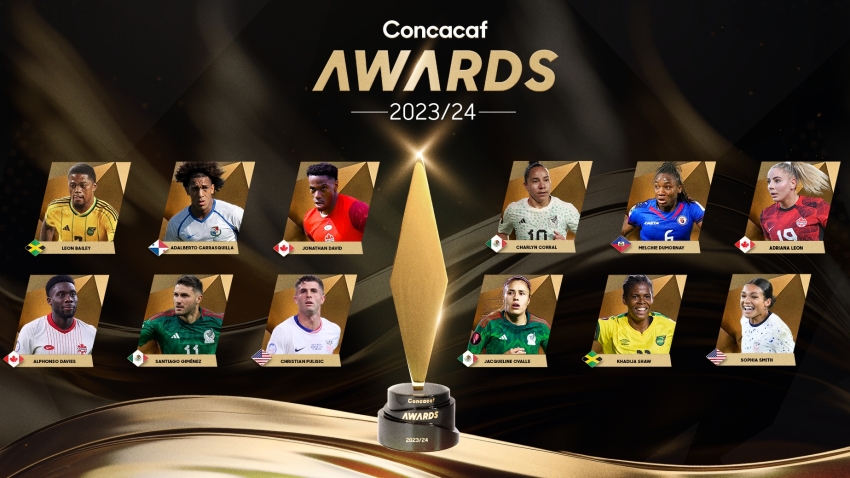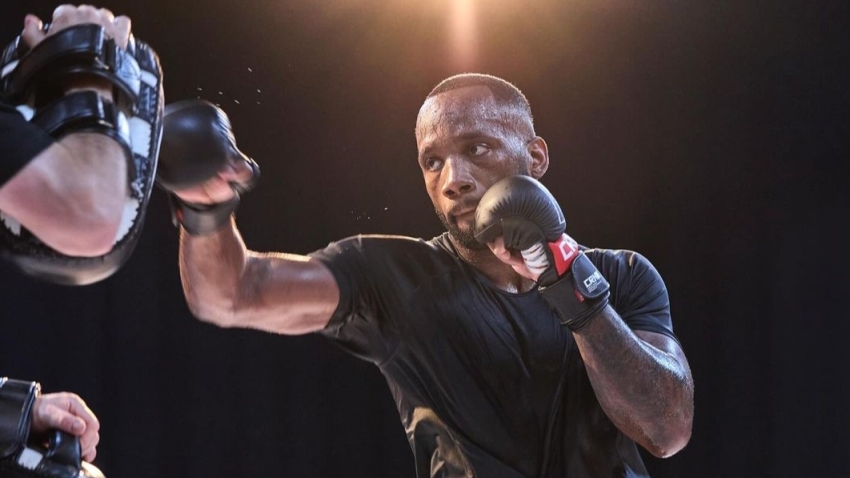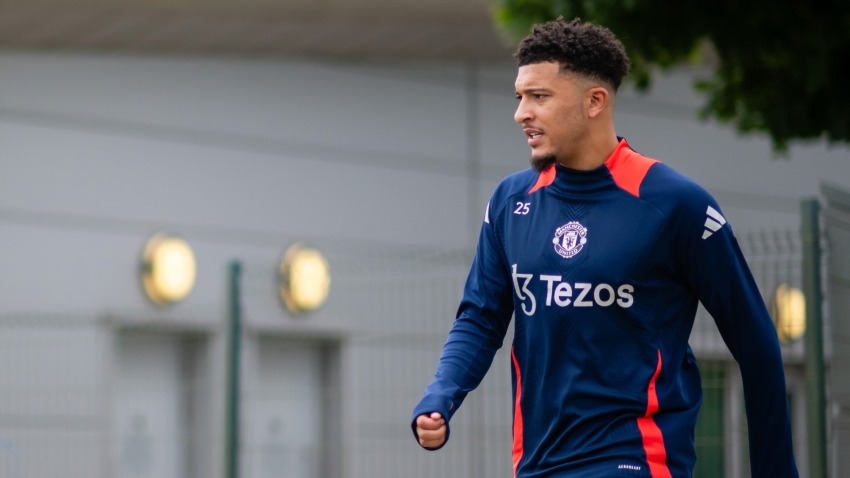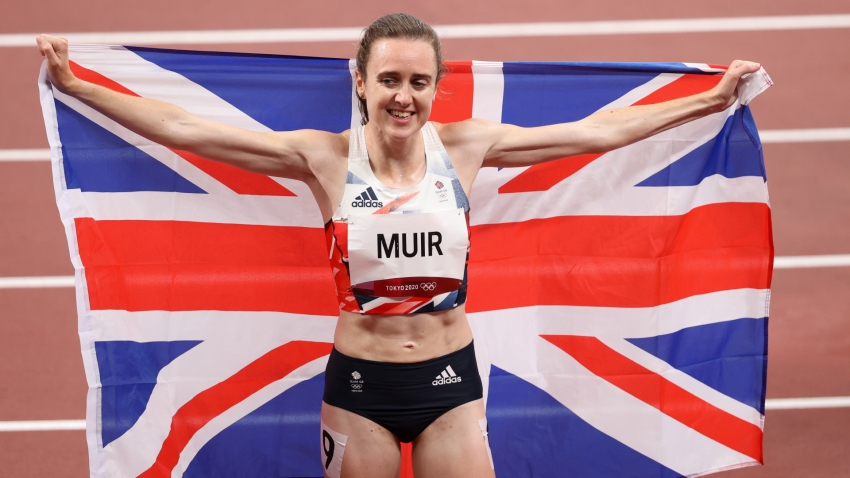Rafael Nadal believes it would be "better for everybody" if Novak Djokovic was competing at the Australian Open, while declaring the situation a "mess".
Nadal sits level on 20 grand slam titles with Djokovic and Roger Federer but is the only one of tennis' 'Big Three' featuring in Melbourne.
Federer was ruled out due to ongoing knee injury problems, while Djokovic saw his visa cancelled for a second time on Sunday as he appealed Australia's refusal to let him into the country.
That ruling owed to Djokovic's unvaccinated status and Australia's coronavirus guidelines, leaving the Serbian unable to defend his Melbourne Park crown and seek a record-extending 21st grand slam.
Nadal has previously said he was "tired" of talking about the Djokovic saga, but the Spaniard again offered his thoughts after defeating Marcos Giron in the first round on Monday.
"Almost one week ago when he won in the first instance, the case, he was able to get back his visa and practising. I said the justice has spoken," Nadal told reporters.
"If the justice says his visa is valid and he's able to play here, the justice has spoken, so that's the fairest thing, that he deserves to play here. Yesterday the justice said another thing. I will never be against what the justice says.
"Another thing is what I believe personally and what I believe is the ideal situation personally, no?
"The ideal situation in the world of sport is that the best players are on court and playing the most important events. That's better for the sport without a doubt.
"If Novak Djokovic is playing here, it's better for everybody, no doubt about that. Another thing is what happened. As I said in the beginning, I can't say another thing because I believe that the situation is very clear now."
Pressed for an answer on his relationship with the 34-year-old world number one, Nadal wished his fellow competitor all the best.
"He's not the only one that did bad things in that case," Nadal added.
"Of course, there are more responsibilities on all for this terrible situation that we faced for the last two weeks. But of course, he is one of those responsible, too.
"So on a personal level, yes, I would like to see him playing here. If it is fair or not that he's playing here is another discussion that I don't want to talk anymore about that."
Nadal advanced to the second round in Melbourne with a cruising 6-1 6-4 6-2 victory over American Giron, who is ranked 66th in the world.
That was Nadal's fourth win of the year after triumphing at the Melbourne Summer Set and he appears to have battled through his foot injury, though he still expressed concerns over his fitness.
"It's been a very challenging few months… tough moments with a lot of doubts – there still are doubts," he said.
"But I am here and I can't be happier to be back in Australia in this amazing stadium.
"You never know when you come back from injury, which unfortunately I have a lot of experience with, how things will be, so you have to take it day by day. You have to forgive yourself if things aren't going the proper way."
Awaiting Nadal in the second round of the tournament will be either Australia's Thanasi Kokkinakis or Yannick Hanfmann of Germany.


